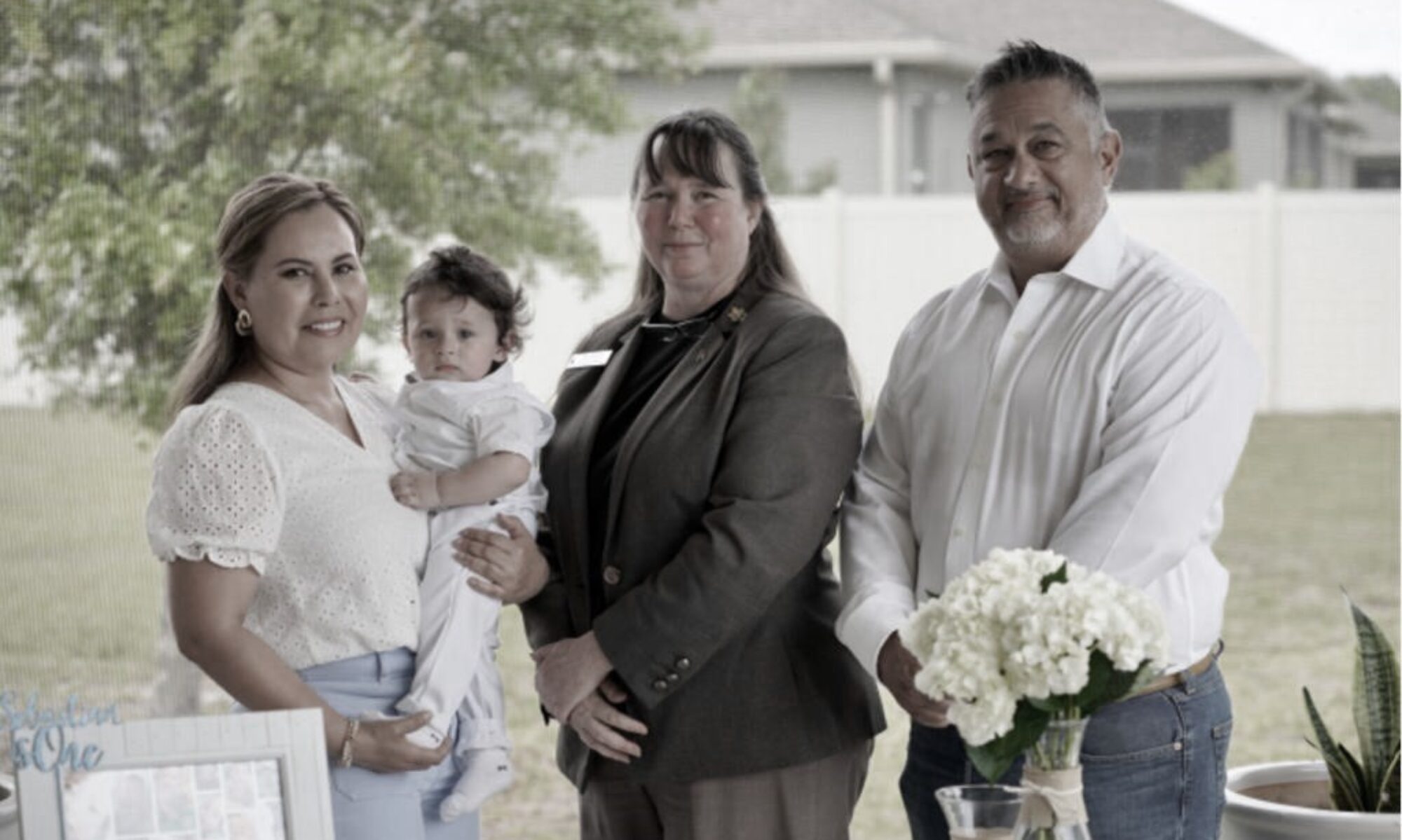Serving as a Humanist Celebrant is a privilege to do part-time, but in my full-time role i counsel families on pre-planning options for funeral and cemetery, whether planning years in advance or serving families facing an imminent loss.
Yesterday at a health fair someone came to the table and asked how a non-religious person plans a funeral.
It’s common to associate funerals with churches and assume funeral professionals are faith-biased. Humanists and other non-religious identities may wonder what their options are. For example, many don’t know there are Humanist Celebrants who can officiate and that funeral home venues are neutral and able to accommodate any religious or non-religious perspective. We think of some religions that use grief as an opportunity to evangelize about their own religion; your celebration of life can reflect your own values, and even highlight reason and Atheism if that is meaningful to you.
When you meet to discuss this difficult topic you shouldn’t be further burdened by worry that your pre-planning advisor (serves you prior to a loss) or funeral director (serves families once a loss has occurred) will not understand or respect your religious, secular, or spiritual identity.
The reality is that all people will face the loss of loved ones and of themselves. You will need a funeral home to pick you up and take you into care when the time comes, perform the embalming and burial or the cremation, and hold services for you if that is meaningful to you and your loved ones. Whether you are buried traditionally or cremated (which can also have burial and other final resting place options), the services and process ought to reflect your own wishes, traditions, culture, and expectations. An advisor can make sure that you are aware of all options so that you can select what is meaningful to YOU.
Most funeral professionals are open and respectful of all identities. I’ve seen the occasional faux pas of assuming their own religious belief will comfort others or falsely generalizing that all people are religious or “Christian”, and i know how othering and dismissive that can feel. I’ve even had to hide bibles strewn about the funeral home before a family came in so that they wouldn’t feel bias against them just by walking through our door. These instances of prejudice are pretty rare, though. As our culture becomes more and more accepting of diverse perspectives, the funeral industry will continue to evolve toward inclusive practices, language, and training.
When you sit with a funeral professional, be upfront with them about your religious, secular, or spiritual identity. They will respect your perspective because caring for others and serving people at difficult moments in their lives – ALL people – that’s what we do. If you don’t feel comfortable with your pre-planning advisor or funeral director, you can ask for someone with direct knowledge of your perspective. We may not have a Catholic, Muslim, Atheist, or Wiccan on staff … but we can find someone who will have an understanding of your traditions and respect your wishes without prejudice.
Another concern i’ve heard is that someone’s own identity, being different from their family’s, may not be respected by those left behind to make decisions. This is a common concern for the non-religious, those of minority religions, and the LGBTQ+ community. Pre-planning is the best thing you can do toward the continuity of your identity after your voice is no longer there to speak your wishes. It is also the best way to make sure those handling your arrangements understand your wishes. Knowing what you want and the right thing to do for you reduces their emotional burden.
Further, i’ve been asked how to prevent religious people from “preying” on you when you are dying, “blessing” you after you are gone, or burying you in a religious cemetery. Again, making your wishes known in advance is the best way to guide your loved ones and the professionals who will be caring for you.
The conversation about final wishes should happen now. It is much better to have the information and not need it, than to need it and not have it. If you have any concerns that your identity will be an issue (with a funeral professional or with your loved ones) and want to have a conversation about final arrangement decisions, contact me. Let’s talk about it.


